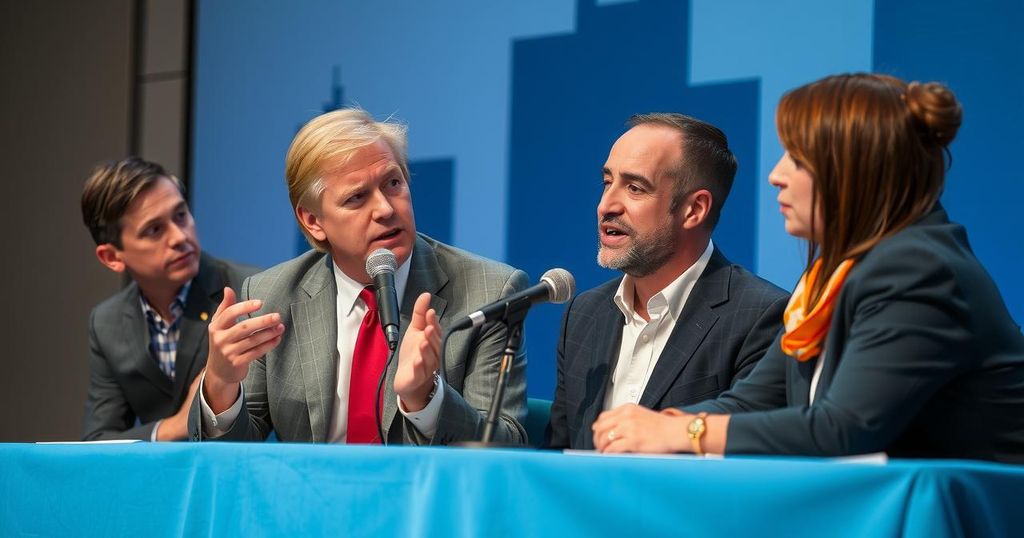The article argues for a significant shift in Ghana’s public discourse from an overwhelming focus on politics to include urgent discussions on climate change and air pollution. It underscores the health risks tied to climate impacts and highlights the necessity for balanced dialogue that addresses both political and environmental issues in order to safeguard public health and promote sustainable development.
In contemporary Ghana, one notable concern is the overwhelming emphasis placed on political discourse at the expense of critical issues such as climate change and air pollution. While political discussions are indeed necessary to foster democratic engagement, it is imperative that we simultaneously prioritize the discourse surrounding climate change and its associated health impacts. Research conducted by the World Health Organization and other international entities has identified a multitude of health risks arising from climate change, yet, these crucial conversations remain conspicuously absent in Ghanaian dialogue.
Ironically, while citizens dedicate significant time to discussing political matters, very little attention is paid to the dangers of deteriorating air quality, particularly in Accra. Alarmingly, data suggests that air pollution in the capital is nearly twice that of cities like Delhi, raising concerns about the long-term health implications for its inhabitants. As a nation grappling with the effects of air pollution, one might question the wisdom of neglecting climate-related discourse in favor of political rhetoric.
We must recognize the negative impacts of air pollution, which include not only respiratory conditions and maternal health issues but also broader implications for food security and mental health. Academic experts emphasize that integrating climate change discussions into the public sphere can facilitate informed dialogue, prompt necessary behavioral changes, and encourage proactive steps towards mitigating the climate crisis.
This neglect reveals a troubling trend of prioritizing short-term political gains over the sustained health and well-being of our population. The results of this oversight are stark; continuous engagement in political discourse without attention to climate priorities risks exacerbating air pollution challenges and straining our fragile healthcare systems. It is essential that we shift some focus from political arenas to discussions that encompass the far-reaching effects of climate change, ensuring our development strategies are holistic and inclusive of health considerations.
The article highlights the significant disconnect between Ghana’s political discourse and the pressing issues of climate change and air pollution. Despite the acknowledged health risks associated with climate change, particularly in urban areas like Accra, these topics often take a back seat to political discussions that consume the majority of public dialogue. This trend poses serious questions about national priorities and the implications for public health and environmental policy.
In conclusion, it is critical for Ghana to reconcile its political discussions with urgent themes such as climate change and air pollution. By addressing these environmental challenges alongside political rhetoric, the nation can enhance public health and ensure sustainable development. Ignoring the severe health risks posed by climate change only hinders progress and deepens the vulnerabilities within the healthcare system. A balanced approach that prioritizes both political engagement and climate awareness is essential for the nation’s future well-being.
Original Source: www.ghanaweb.com






